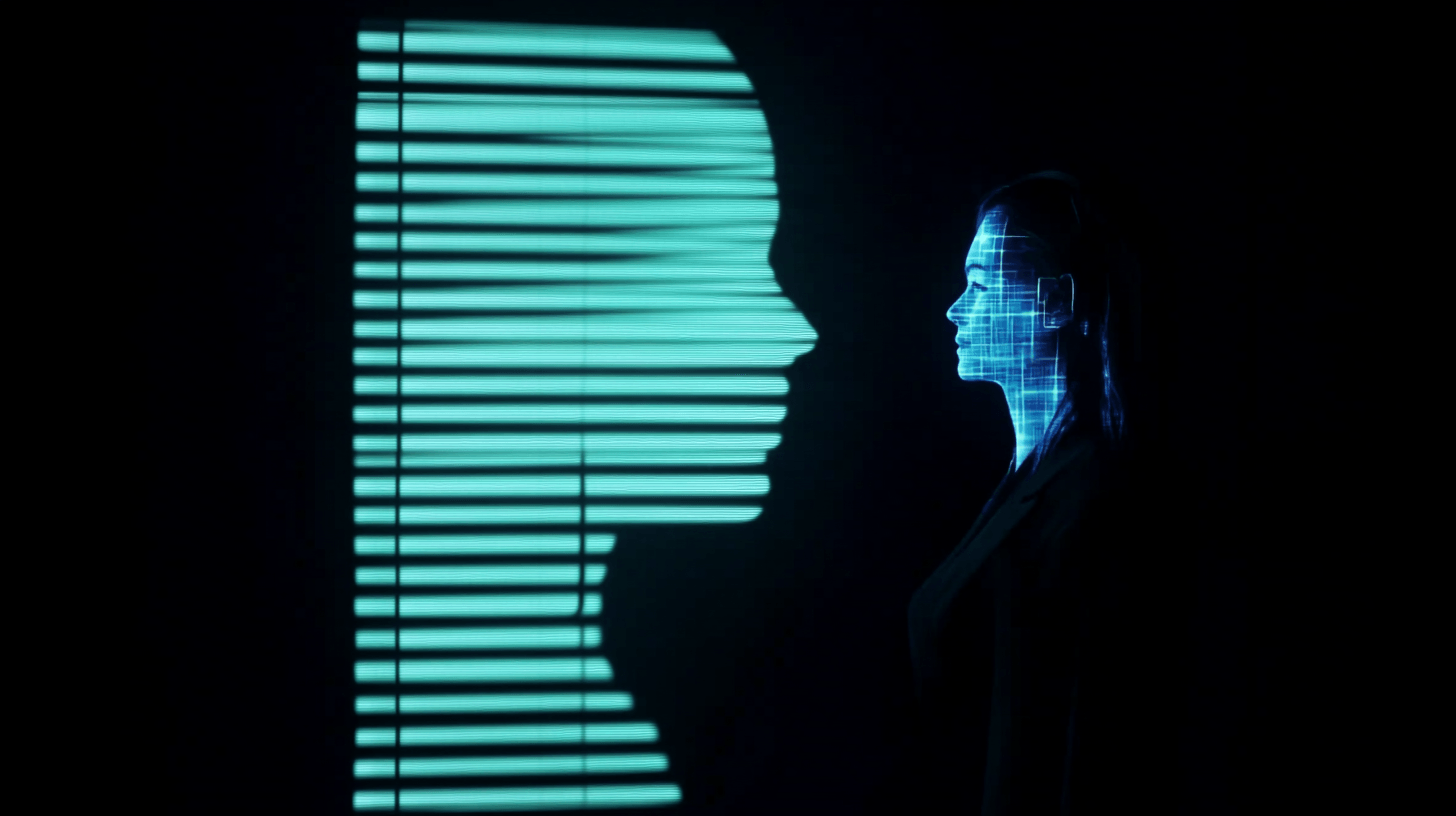Deepfake porn targets politician showing how AI can be weaponized to disrupt elections

A deepfake pornography attack targeting Northern Irish politician Cara Hunter just weeks before an election shows how AI can be used to disrupt democratic processes.
During a recent TED Talk, Northern Irish politician Cara Hunter shared her experience with a deepfake attack that nearly derailed her campaign. In April 2022, someone created and shared a fake pornographic video of her on WhatsApp. The video spread quickly across Northern Ireland, appearing just three weeks before voters headed to the polls.
"Although this woman in the video was not me, she looked exactly like me. Impossibly like me. Eerily like me," Hunter said during her talk. When she contacted local police, they couldn't help - they simply didn't have the technology needed to track down where the video came from.
The fallout was swift and brutal. Hunter received countless vulgar messages, and people even started harassing her on the street. In Northern Ireland's tight-knit community of 1.8 million people, the video spread like wildfire, reaching the point where even her own family members started doubting her side of the story.
When technology targets democracy
The attack highlights a dangerous intersection between technology and targeted harassment. "This was the moment where misogyny meets the misuse of technology, and even had the potential to impact the outcome of a democratic election," Hunter explained.
The harassment didn't stop with the video. Six months later, Hunter received 15 more AI-generated deepfake images showing her in underwear. She still doesn't know who created them, and in many places, making these kinds of deepfakes isn't even illegal yet, Hunter says.
For Hunter, these attacks represent more than just personal harassment - they're a direct threat to democratic systems. "Without truth, democracy collapses. Truth allows us to make informed decisions, it enables us to hold leaders accountable, which is very important," she said.
Looking ahead, Hunter advocates for stronger AI regulations and wants to see ethical principles built into the technology from the ground up.
"I feel passionately that AI can be a humanistic technology with human values that complements the lives that we live to make us the very best versions of ourselves," she explained. "But to do that, I think we need to embed ethics into this technology, to eliminate bias, to install empathy and make sure it is aligned with human values and human principles."
Creating convincing deepfakes gets easier by the day
Hunter's experience adds to a disturbing pattern of deepfake attacks that overwhelmingly target women. The problem first emerged in 2017, when an anonymous Reddit user started posting fake pornographic videos of celebrities under the username "deepfakes" - giving the technology its name.
Since then, creating convincing deepfakes has become increasingly simple and accessible. The victims now extend far beyond celebrities, with even minors becoming targets. Hunter's case shows how this technology can be weaponized to harass and intimidate women who step into the public sphere.
AI News Without the Hype – Curated by Humans
As a THE DECODER subscriber, you get ad-free reading, our weekly AI newsletter, the exclusive "AI Radar" Frontier Report 6× per year, access to comments, and our complete archive.
Subscribe nowAI news without the hype
Curated by humans.
- Over 20 percent launch discount.
- Read without distractions – no Google ads.
- Access to comments and community discussions.
- Weekly AI newsletter.
- 6 times a year: “AI Radar” – deep dives on key AI topics.
- Up to 25 % off on KI Pro online events.
- Access to our full ten-year archive.
- Get the latest AI news from The Decoder.